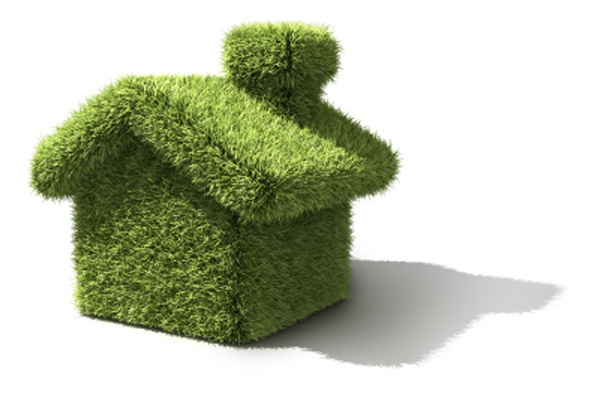 An interesting paper has recently been published in the Proceedings of the National Academy of Sciences entitled “Public perceptions of energy consumption and savings”, which suggests that when it comes to conserving energy, many people seem to be missing the mark. In a national online survey, 505 participants reported their perceptions of energy consumption and savings for a variety of household, transportation and recycling activities.
When asked for the most effective strategy they could implement to conserve energy, most participants (19.6%) mentioned curtailment (e.g., turning off lights, driving less) while only 3.2% of those surveyed suggested efficiency improvements (e.g., replacing old appliances and light bulbs with more efficient models).
An interesting paper has recently been published in the Proceedings of the National Academy of Sciences entitled “Public perceptions of energy consumption and savings”, which suggests that when it comes to conserving energy, many people seem to be missing the mark. In a national online survey, 505 participants reported their perceptions of energy consumption and savings for a variety of household, transportation and recycling activities.
When asked for the most effective strategy they could implement to conserve energy, most participants (19.6%) mentioned curtailment (e.g., turning off lights, driving less) while only 3.2% of those surveyed suggested efficiency improvements (e.g., replacing old appliances and light bulbs with more efficient models).
Most people think of conserving energy as they would conserve money: use less, spend less. But the reality is that turning off lights, though a noble habit, is not going to save much energy or money. More noteworthy savings can be obtained from replacing bulbs with more efficient CFLs or by purchasing a more fuel-efficient vehicle.
According to the authors of the study, a reason people are overly focused on curtailment rather than efficiency, may be due to the fact that efficiency improvements almost always involved research, effort and out-of-pocket costs (e.g. buying a new energy-efficient appliance), whereas curtailment may be easier to imagine and incorporate into one's daily behaviors without any upfront costs.
Installing a solar energy system is one effective change you can make that will go a long way in saving energy while reducing costs, especially when used in conjunction with your own energy conservation habits.
